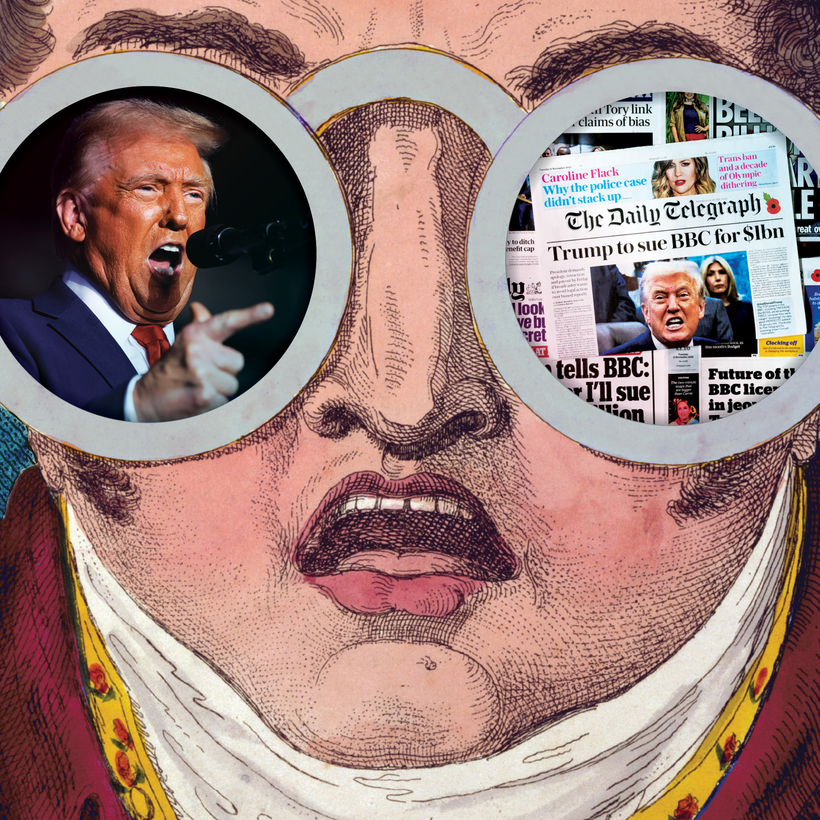There was a time, not so long ago, when a billion dollars in damages would have been an inconceivable sum to demand in any lawsuit, let alone a defamation case. Yet, as with so many other things, like ALL CAPS, Donald Trump has again managed to normalize the once unthinkable.
The British Broadcasting Corporation is just the latest media organization to find itself at the wrong end of a demand letter. At issue is the splicing together of two noncontiguous clips of Trump speaking to his supporters on January 6, 2021, in a documentary that aired on the network’s investigative series, Panorama.


